A deep dive into the unseen environmental cost of smartphones in the U.S.—from rare-earth mining and manufacturing to global shipping, daily use, and e-waste. Backed by data, myths debunked, and practical solutions.

Ultra-Wideband (UWB) in Consumer Gadgets: From AirTags to Digital Keys
Ultra-Wideband (UWB) technology delivers centimetre-level precision for locating and connecting consumer gadgets. From Apple AirTag’s Precision Finding to Samsung SmartTag+’s AR arrows and emerging UWB car-key systems, this article explores UWB’s technical basics, real-world accuracy, household use cases, device comparisons, future AR and automotive applications, and the U.S. market outlook.
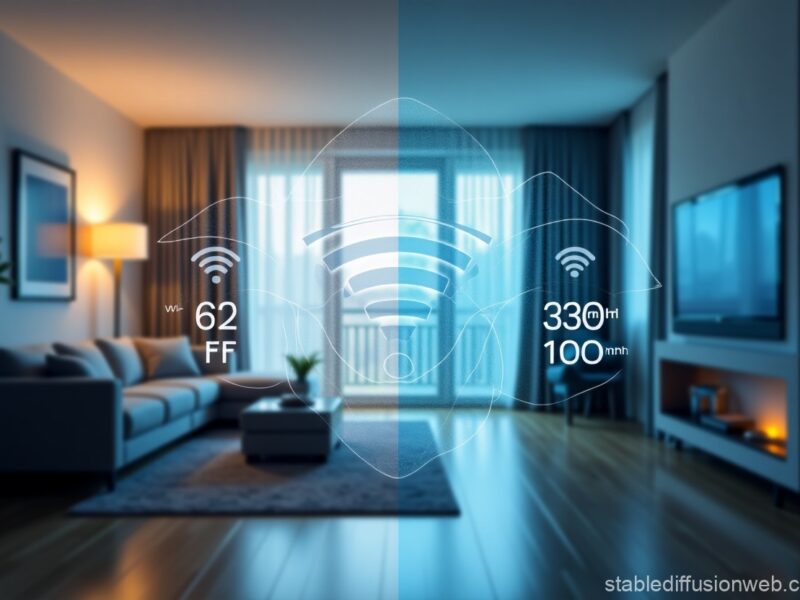
Wi-Fi 6E vs Wi-Fi 7: Real-World Speed Tests, Performance, and Router Comparison
A comprehensive, English-language deep-dive comparing Wi-Fi 6E and Wi-Fi 7 based on real-world throughput, latency, and coverage tests in U.S. homes. Includes technical breakdown, environmental benchmarks (apartments, single-family, multi-floor), and a curated list of top routers with buying links and use-case recommendations.

Generative AI is rapidly transforming how we design physical products—from lightweight aerospace structures to optimized PCBs and ergonomic enclosures. This deep dive explores the key technologies, real-world applications, and future impact of AI-driven design in hardware development.

AI-Powered Cybersecurity for Your Devices
As AI transforms cybersecurity, both defenders and attackers are leveraging its power. This article explores how AI is securing everyday devices like smartphones, PCs, and smart home gadgets — and how malicious AI is creating new cyber threats from deepfakes to automated phishing.

AI-powered consumer electronics like smart speakers, TVs, and wearables rely on vast amounts of personal data to function—but often at the expense of user privacy. This in-depth report explores the privacy risks of always-listening devices, controversial data practices by big tech firms, and the growing demand for privacy-conscious design and regulation.
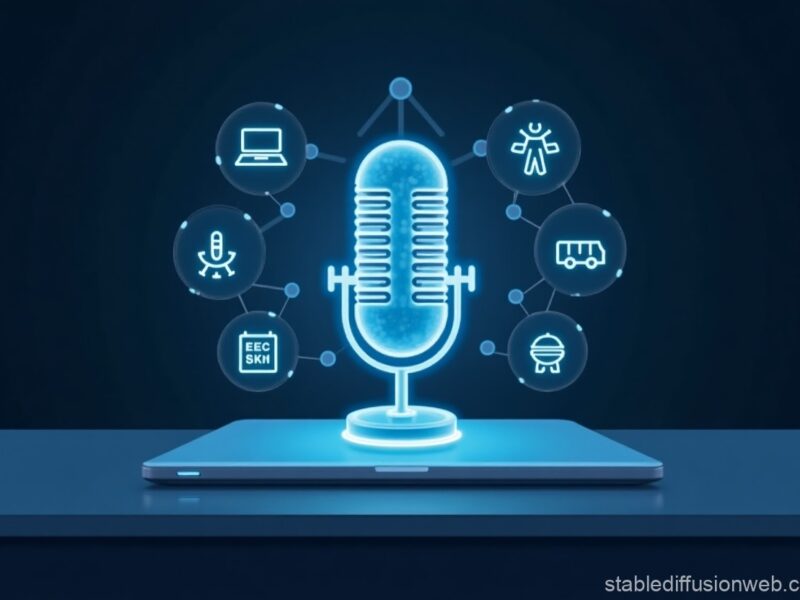
The Future of Voice Assistants: From Siri to GPT-4 and Beyond
How generative AI is redefining voice assistants — from smarter cars to personalized tutors and predictive smart homes. Explore the evolution from Siri to GPT-4 and what’s next.

Introduction:Imagine having an AI-powered assistant that can manage your daily tasks autonomously, from booking appointments to drafting emails. This is
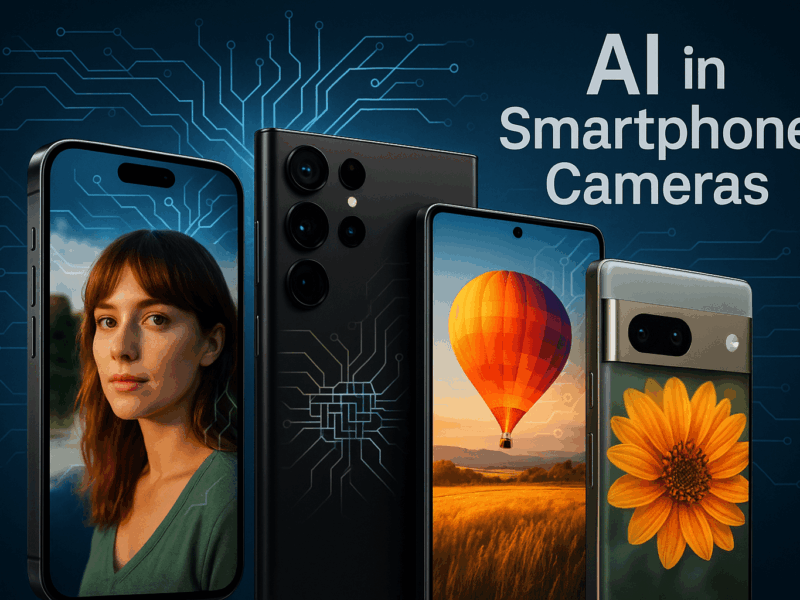
Explore how the latest flagship phones harness on-device neural engines and advanced multi-frame algorithms to redefine mobile photography. From Smart HDR and Night Mode to AI-powered portrait blur and super-resolution zoom, discover the computational techniques that turn everyday shots into stunning images.

The U.S. Customs and Border Protection is seeking to enhance border surveillance with real-time facial recognition technology for vehicles, raising significant privacy and ethical concerns.
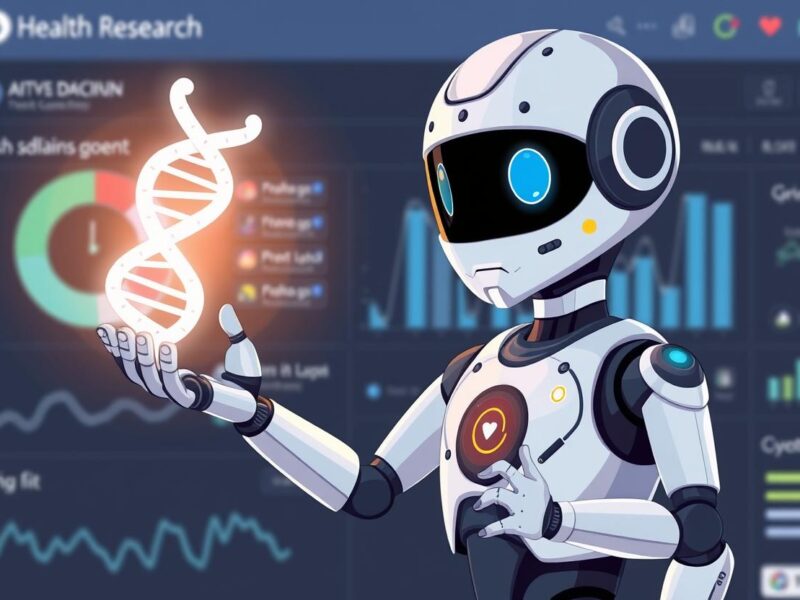
Exploring how leading AI platforms like ChatGPT, Gemini, and Claude AI provide advice on combating aging, highlighting the importance of professional medical consultation.

Perplexity AI is set to launch Comet, an AI-fueled web browser aiming to revolutionize online research and browsing efficiency, challenging giants like Google Chrome.

Google’s Gemini AI has achieved a milestone by completing Pokémon Blue, showcasing advancements in AI’s strategic thinking and adaptability in unpredictable environments.

Google’s Gemini Advanced now includes Veo 2, a faster and easier-to-use AI video generator compared to OpenAI’s Sora, offering quick video creation for subscribers.

Suno’s latest update, version 4.5, brings significant improvements to its AI music creation tool, including expanded genre options, enhanced vocals, and a new prompt-enhancement helper.
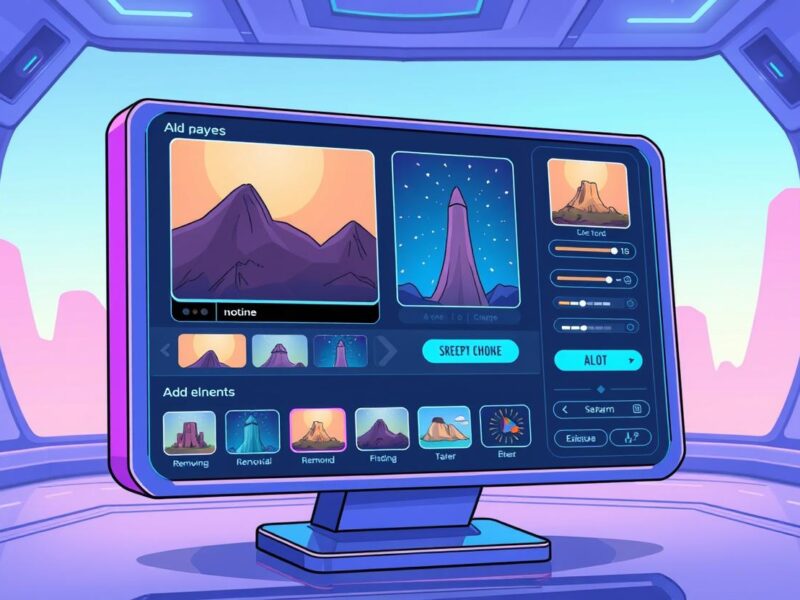
Google’s Gemini AI now allows users to edit images directly within its chat interface, offering a suite of creative tools powered by AI, alongside the ability to process multiple files simultaneously.

Exploring the implications of Meta’s proposed AI-driven ad tool on user experience, the advertising industry, and creative professions.

OpenAI plans to decrease its revenue share to Microsoft from 20% to 10% by 2030, amidst restructuring into a public benefit corporation.
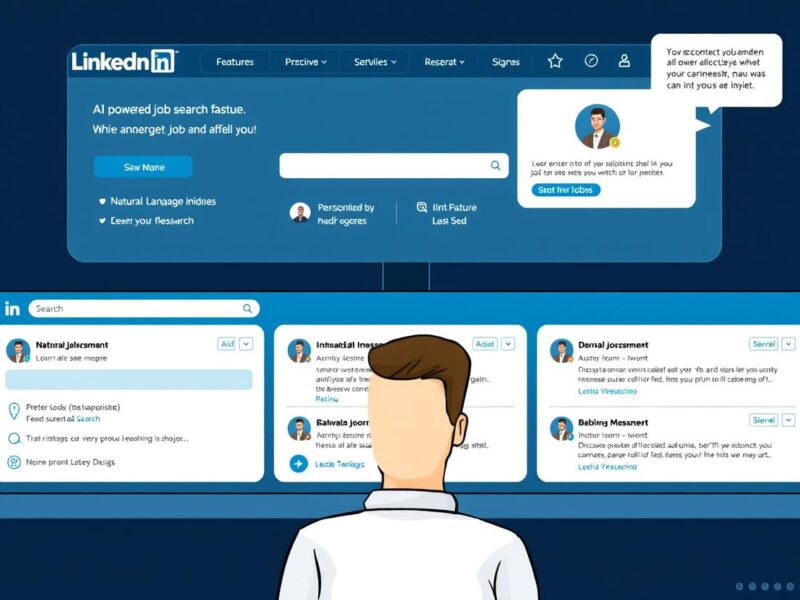
LinkedIn is leveraging AI to revolutionize job searching, enabling users to find roles using natural language and reducing the need for keyword-based searches.
Discover the best budget-friendly and beginner-approved smart home gadgets to make your first apartment smarter without breaking the bank.
Netflix is rolling out a major update to its TV app, featuring a cleaner UI and smarter recommendations that adapt to your viewing habits in real-time.
Amazon introduces Vulcan, its first touch-sensitive robot, enhancing efficiency and safety in fulfillment centers with AI and force feedback technology.

As ChatGPT becomes more advanced, its tendency to generate hallucinations—imaginary facts and lies—also increases, raising questions about the reliability of AI reasoning systems.

Meta has been awarded over $167 million in damages from NSO Group, the maker of Pegasus spyware, marking a significant legal victory in the fight against cyber surveillance.

Hugging Face introduces Open Computer Agent, a free, cloud-hosted AI tool that performs tasks on a Linux VM, showcasing the growing capabilities of open AI models.

A sneak peek into Google’s upcoming developer conference, highlighting expected announcements on Android 16, Android XR, and Gemini AI advancements.

OpenAI reverses its restructuring plan, opting to keep its nonprofit in control, but questions linger about how this balance will be maintained amidst financial pressures and investor expectations.



